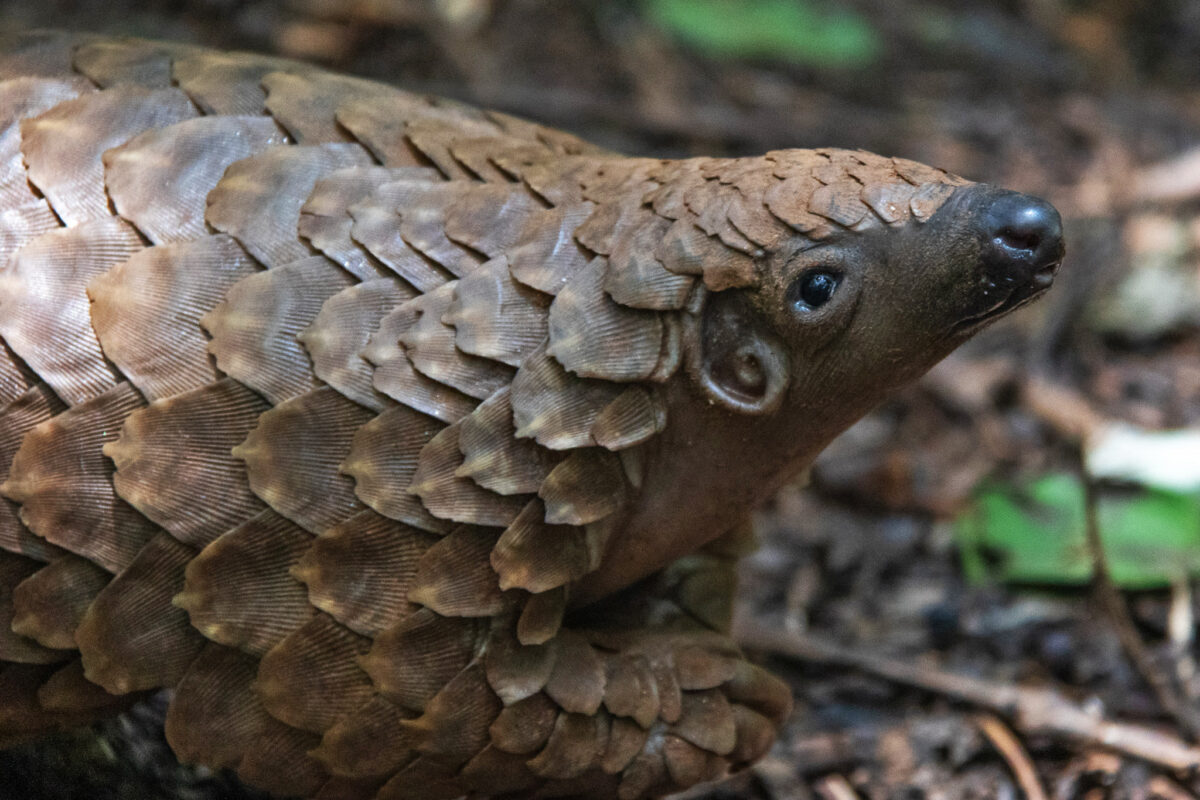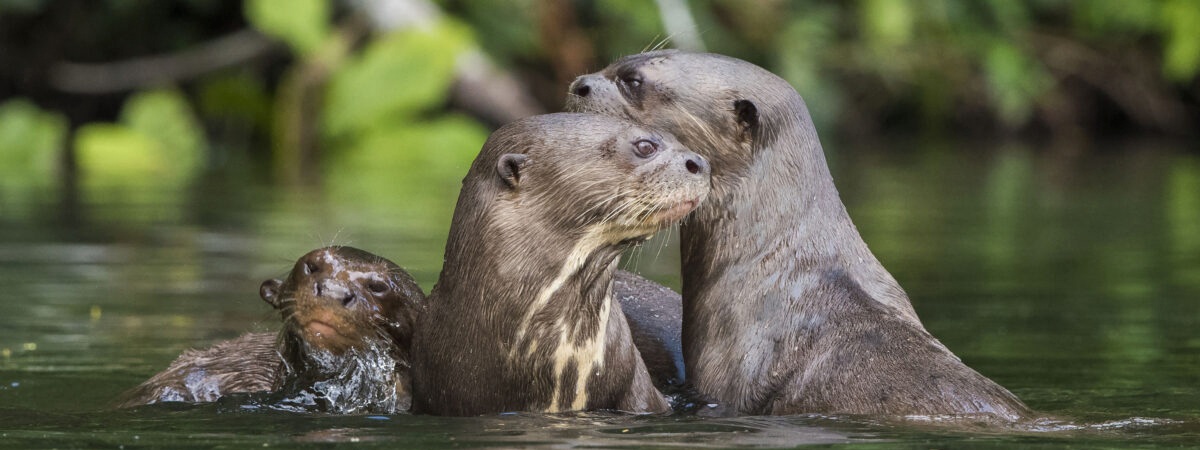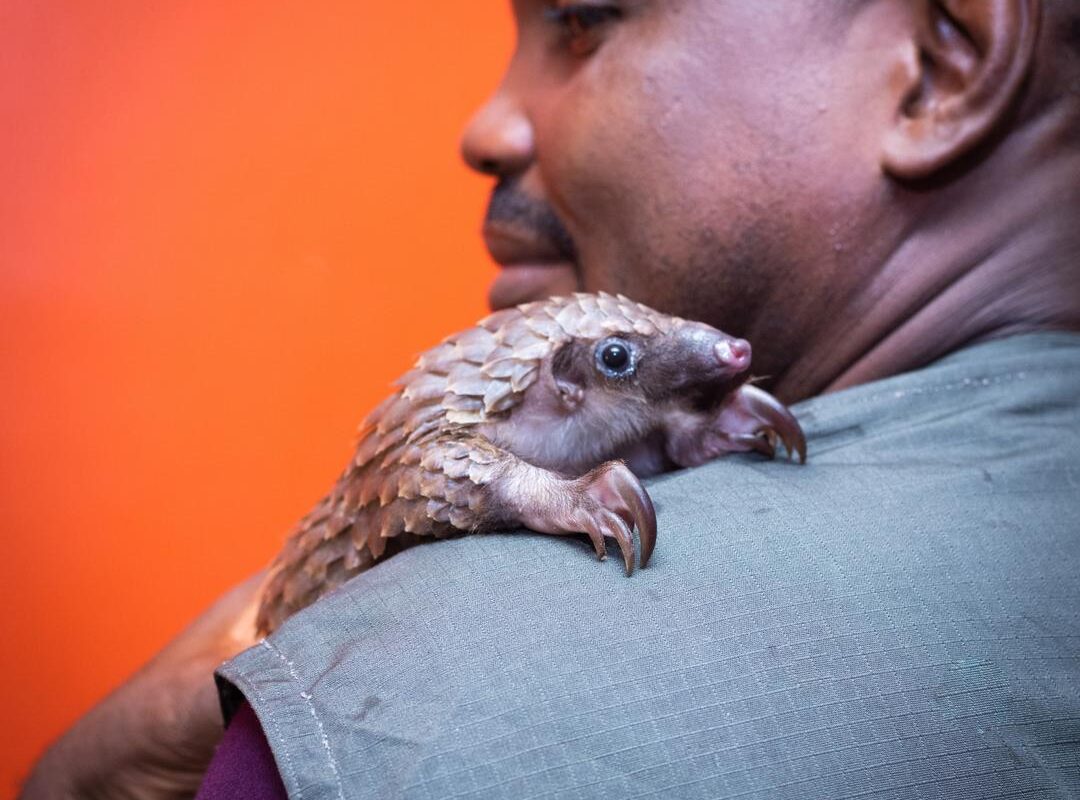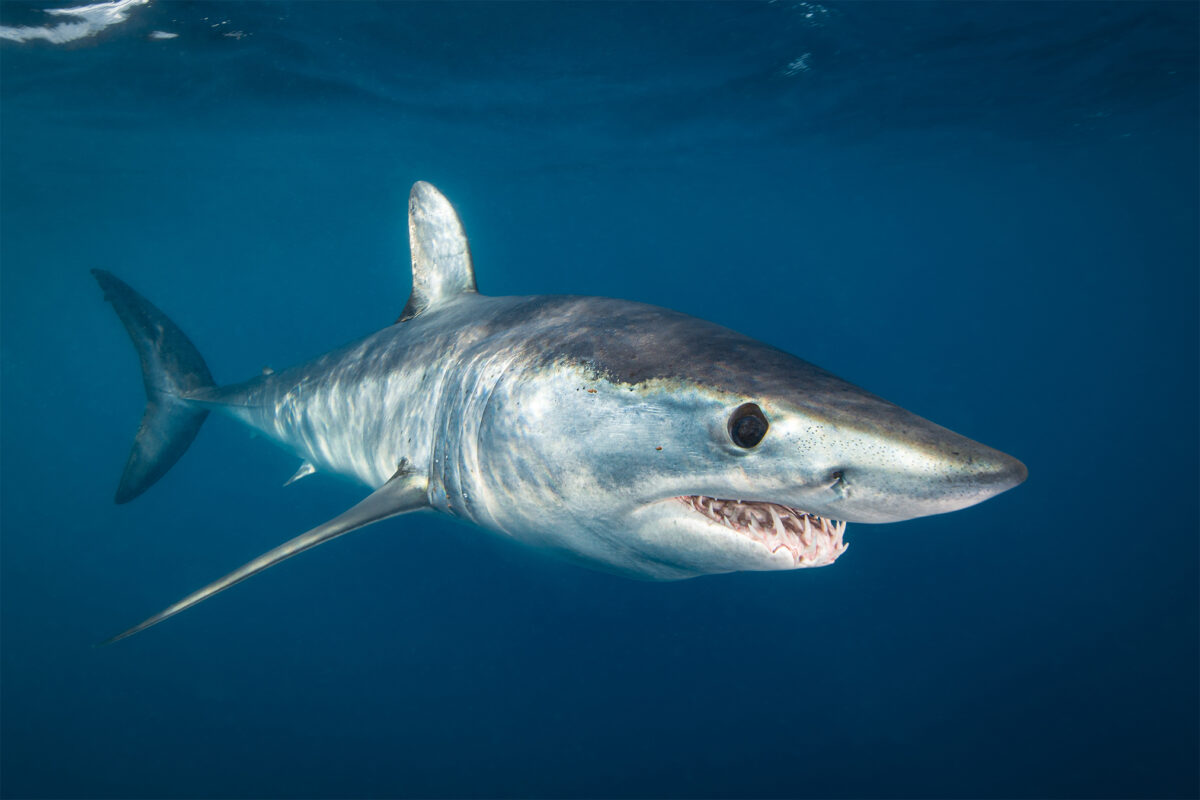- In 2021, Malawian authorities arrested and sentenced Chinese national Lin Yunhua, a key figure in an international wildlife trafficking syndicate, to 14 years in prison for possession of pangolin scales, rhino horns and ivory.
- Recently unearthed documents reveal that, since then, there have been attempts to secure a pardon and allegations of bribery and corruption, but that Malawi’s justice system has resisted efforts to undermine the sentence.
- Lin now faces additional charges for attempting to bribe a judge and a prison official, with the case referred to the high court due to its complexity and public significance.
- Conservationists and government officials cite Lin’s prosecution as evidence of Malawi’s strengthened commitment to fighting high-level wildlife crime and corruption, though challenges remain.
LILONGWE — In 2021, Malawian authorities found Lin Yunhua and 14 other members of an international trafficking syndicate in possession of pangolin scales, rhino horns, and elephant and hippo ivory. Lin, a Chinese national, was sentenced to 14 years in prison. Since his sentencing, Lin has been linked with several corrupt efforts to avoid the full consequences of his sentencing — seemingly even obtaining a pardon — but the Southern African country’s criminal justice system has held firm, a sign of the successful strengthening of wildlife law enforcement.
A 2015 report written for Malawi’s Department of National Parks and Wildlife of Malawi described the country’s position as a transit hub for trafficking, and the 2021 arrests and successful prosecution of traffickers was welcomed by civil society.
“We’re very pleased to see this notorious wildlife crime kingpin finally face the music with a stiff sentence of 14 years in prison and trust that it sends a crystal-clear message to other wildlife criminals plundering Africa’s natural resources that they are not beyond the reach of the law,” Mary Rice, executive director of the U.K.-based Environmental Investigation Agency (EIA), said in a press release at the time. “I believe today’s judgment and the destruction of the Lin-Zhang gang will prove to be a pivotal moment in Malawi’s commitment to bring high-level wildlife criminals to justice.”
 Lin Yunhua, right, pictured with another member of the trafficking syndicate, Jimmy Mkwelezalemba. Mkwelezalemba was sentenced to three years in prison for pangolin smuggling in 2019. Image from an anonymous source. Lin Yunhua, right, pictured with another member of the trafficking syndicate, Jimmy Mkwelezalemba. Mkwelezalemba was sentenced to three years in prison for pangolin smuggling in 2019. Image from an anonymous source. |
However, in April 2025, Malawi’s Platform for Investigative Journalism uncovered documents showing the government had sought to pardon and release Lin. Magistrate Benjamin Chulu blocked this, noting that Lin was yet to face trial for attempting to bribe the judge in his trafficking case. Lin is facing additional corruption charges brought by the Anti-Corruption Bureau (ACB), which accuse him of offering a prison official, Aaron Ganyavu Kaunda, 30 million kwacha (around $17,000) and promising to complete his house if he would influence a magistrate to reduce his sentence.
There has been a stream of allegations that the imprisoned trafficker has enjoyed irregular privileges in jail, including claims that he persuaded prison officials to facilitate his unauthorized exits from prison for personal errands in 2022 and 2023.
Lin’s case has been referred to the high court at the request of Malawi’s director of public prosecutions (DPP), Masauko Chamkakala, citing the case’s complexity and heightened public interest.
Peter Sambani, principal legal officer for the ACB, said the government corruption watchdog viewed the pending case as giving a clear warning to other high-level traffickers about Malawi’s commitment to combating wildlife crime.
“This case touches on the credibility of the justice system itself, which is why the DPP has taken this step,” Sambani told reporters after a brief court appearance on June 4.
Brighton Kumchedwa, director of the Department of National Parks and Wildlife, acknowledged that pardoning a trafficker of Lin’s status might indicate a faltering of Malawi’s commitment to combating high-level wildlife crimes, but said law enforcement agencies have resisted this to work together toward ending wildlife crime.
“The traffickers might try to bribe officers, but the corruption cases that Lin is currently answering say otherwise. Records indicate that he tried to bribe a prison official as well as a judge who all reported the attempts,” Kumchedwa said.

Charles Mkoka, executive director of the conservation NGO Coordination Union for Rehabilitation of the Environment (CURE), told Mongabay that Malawi is seeing results from recent reforms, including the National Parks and Wildlife Act amendment in 2017. He noted that Lin’s corruption charges serve as a reminder of the challenges of combating high-level wildlife crime, highlighting the need to strengthen institutions, ensure accountability, and foster public trust.
“Prosecution of high-profile cases like Lin’s helps to rebuild public confidence in the government’s ability to tackle corruption,” Mkoka said. “Wildlife crimes are not minor offenses; they are transnational crimes that affect biodiversity and national development. If we treat such cases lightly, we risk undoing years of progress in conservation.”
He attributed Malawi’s law enforcement successes to significant strides in improved case management and intelligence sharing.
Banner image: Pangolin at the Lilongwe Wildlife Centre in 2022. The centre’s work includes rehabilitating animals rescued from the illegal wildlife trade. Image by Araluen Schunmann via Flickr (CC BY-NC-SA 2.0).
Malawi court sentences Chinese wildlife trafficking kingpin to 14 years in jail
Tale of two traffickers is a rare spell of Congolese conservation convictions
Feedback: Use this form to send a message to the author of this post. If you want to post a public comment, you can do that at the bottom of the page.



